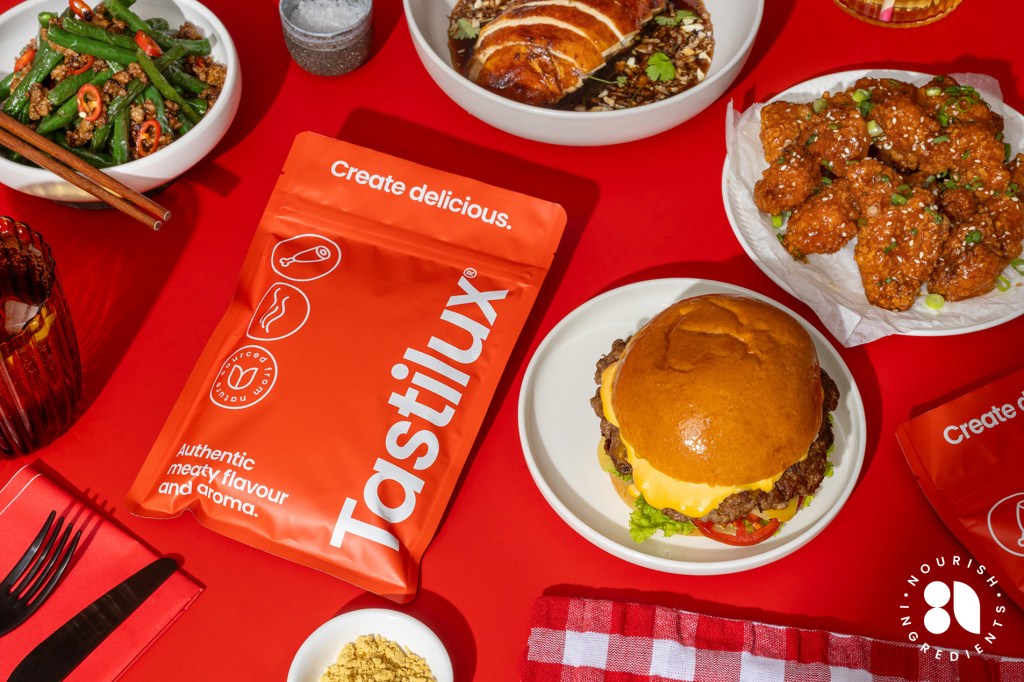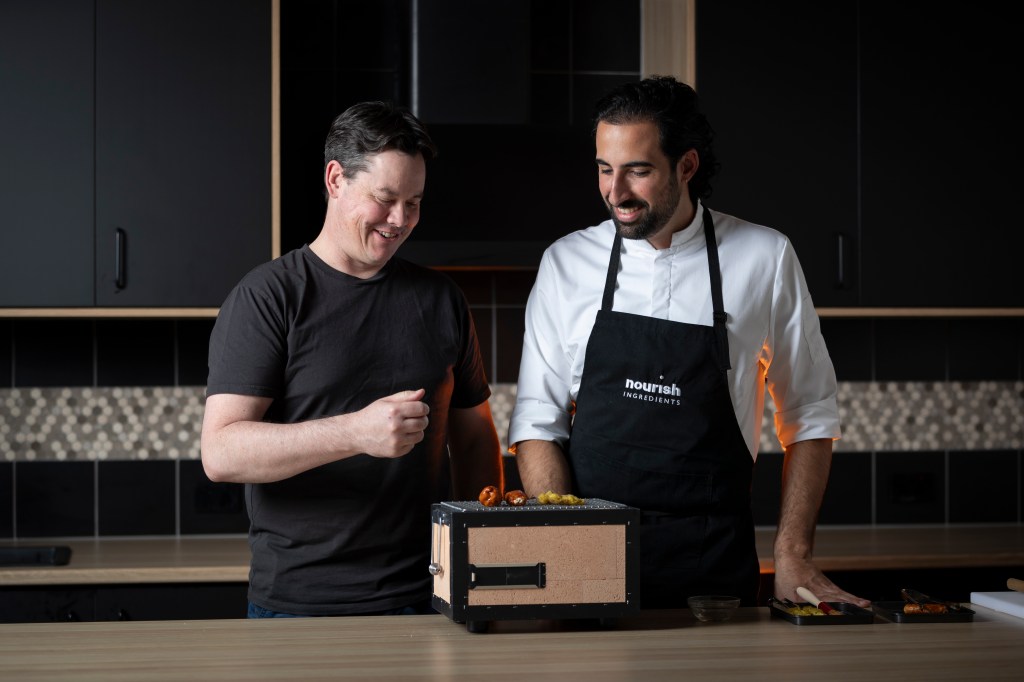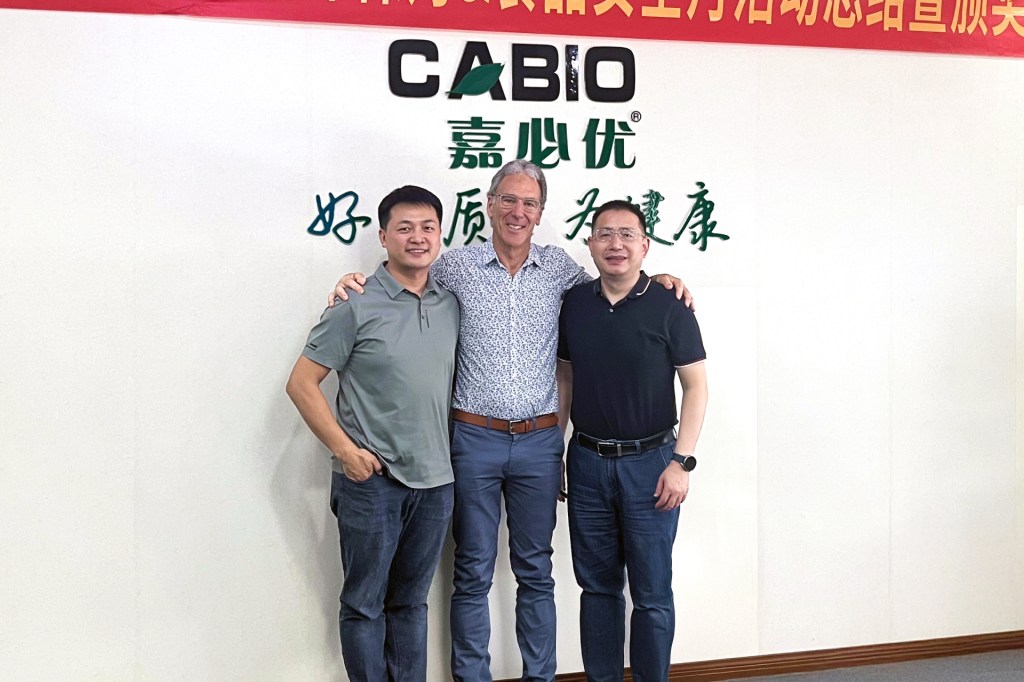Canberra food-tech company Nourish Ingredients has secured US approval for its flagship Tastilux fat, clearing the way for immediate commercial sales to American food manufacturers.

Key Takeaways
- The FEMA Expert Panel has ruled that Nourish’s Mortierella alpina biomass (S11) is “generally recognized as safe” (GRAS) for use as a flavouring in food.
- Tastilux is a precision-fermented fat designed to replicate the flavour, aroma and mouthfeel of animal fats.
- FEMA GRAS status allows Nourish to sell directly to US food brands and accelerates entry into other international markets.
- Founder and CEO James Petrie says the approval is a “major commercial breakthrough” and will fast-track global rollout.
- Nourish is already trialling Tastilux with partners in the US, Middle East, Australia and New Zealand.
Background
Founded in 2019 by former CSIRO lipid engineers James Petrie and Ben Leita, Nourish Ingredients focuses on the “fat gap” in plant-based meats. Its Tastilux product includes a small but crucial fraction of animal-type fat molecules — produced via precision fermentation with fungi— that participate in the Maillard reaction during cooking, creating the authentic meat taste and aroma. The company has raised more than $50 million to date and plans to supply manufacturers rather than sell retail-branded products.

Another Australian meat analogue company, Vow, raised US$49 million and launched in Singapore in 2024, in preparation for a planned global expansion. Its cultured quail product is set to hit Australian menus soon after the Australian government approved its sale in June.
Petrie told Forbes Australia that the FEMA GRAS designation opened up the opportunity for first sales. “While we’re not currently in consumer products on shelves, this approval positions us well to be in the near future. We are actively trialling our product with companies based in the US.”
The US approval creates “a positive ripple effect internationally”, he said, as the company seeks approvals in other countries.
The approval comes despite the Trump administration appearing to be hostile to meat analogues. Petrie said they navigated this by sticking to the science and collaborating with regulators. “The FEMA GRAS process is strictly evidence-based, allowing our proprietary biomass, which is sourced from nature and GM-free, to be evaluated solely on safety and technical merit,” Petrie said.
“The food industry is at a crossroads marked by confusion, corporate prioritisation of profits over health, and a lack of transparency that is rightfully troubling consumers who are trying to understand how healthy their food is.
“We are building new sources of authentic meat and dairy taste molecules that provide the experience that everyone wants, without the high levels of processing needed by artificial alternatives.”
Tangent
In 2025, Nourish partnered with Chinese precision fermenter CABIO Biotech to scale Tastilux production and target China’s alternative protein market, projected to be worth US$4 billion by 2028. CABIO already makes fats for infant formula using the same fungal strain. The move also diversified production as the Trump administration signals tariffs on Chinese imports and opposition to lab-grown meat.

Small number
0.5% — the proportion of Tastilux in a plant-based “chicken drumstick” tasted by celebrity chef Neil Perry at SXSW Sydney in 2023. That was all it needed to deliver the “double whammy on fat and texture.”
Big number
96% — The equity value — $4 billion — that’s been lost by fake meat company Beyond Meat since listing on the Nasdaq as meat alternatives have lost their appeal.


